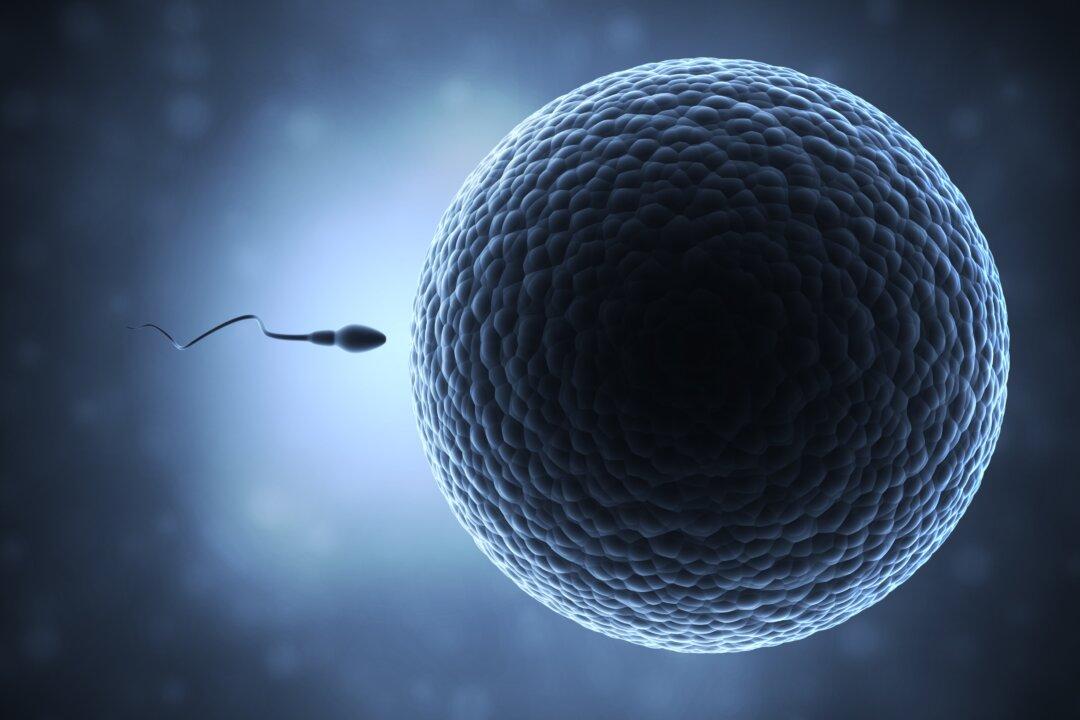A recent study from Israel presents evidence that mRNA COVID-19 vaccines are negatively affecting men’s fertility, at least temporarily.
The study, “Covid-19 vaccination BNT162b2 temporarily impairs semen concentration and total motile count among semen donors,” is so new that even though it has been accepted by the journal Andrology and peer-reviewed, it has not yet been typeset or proofread.







